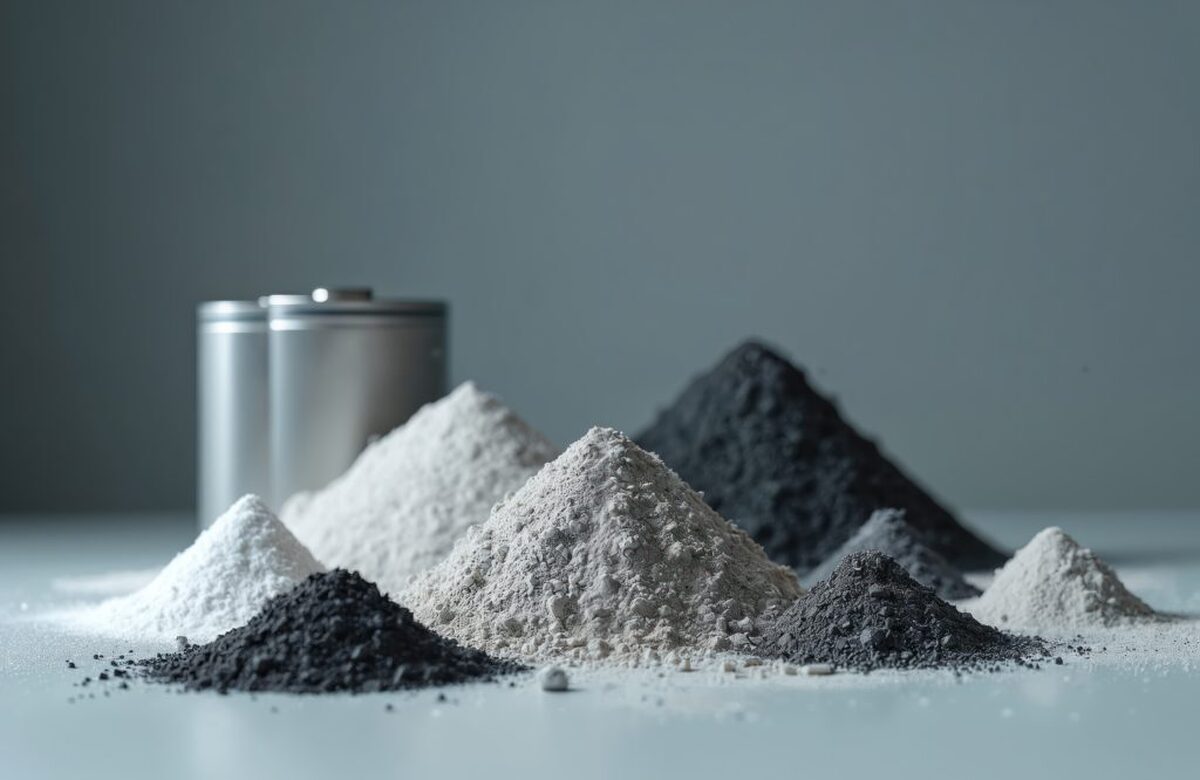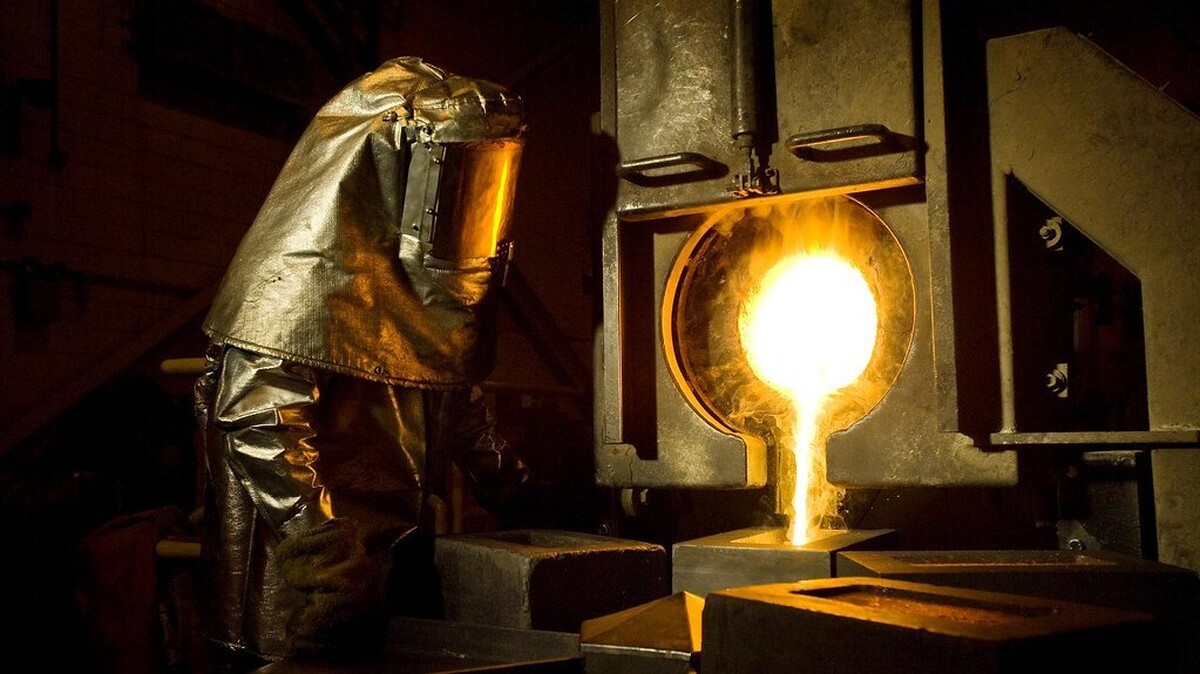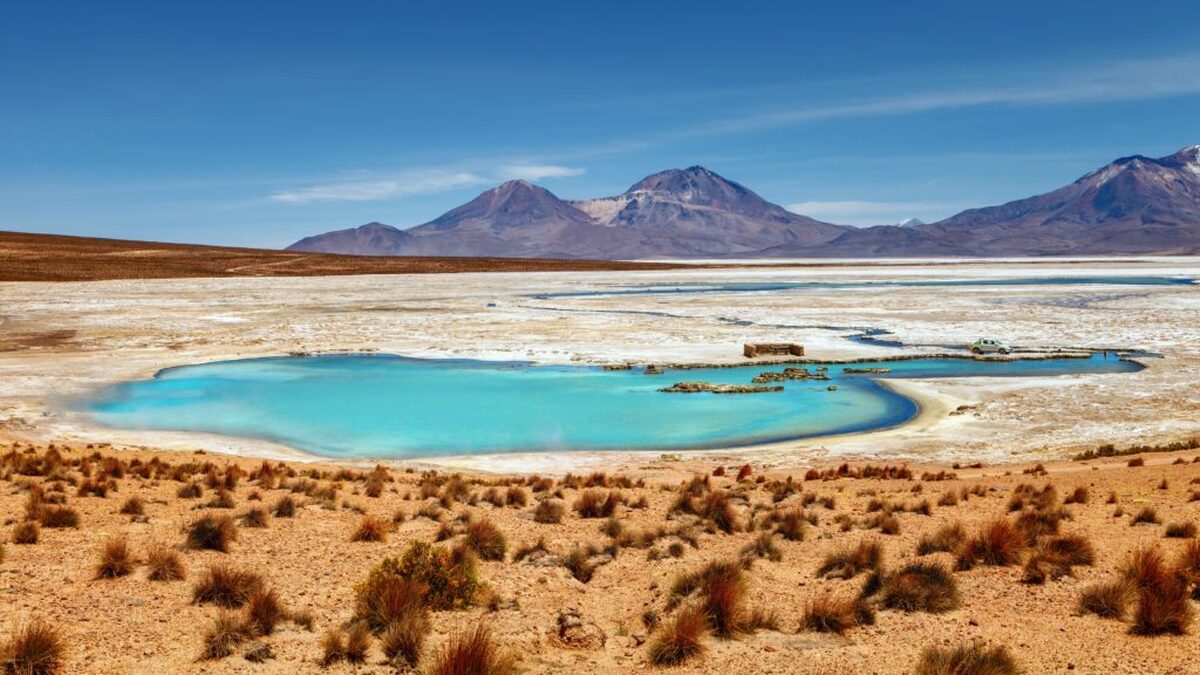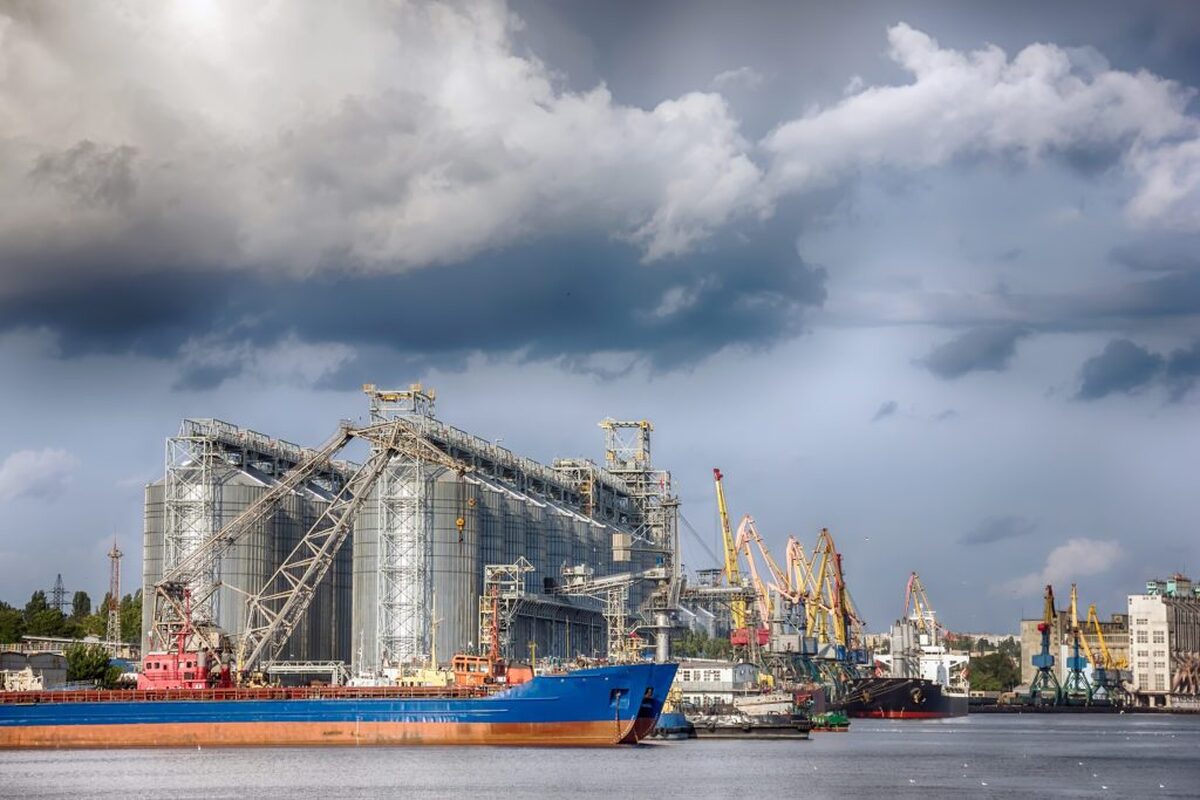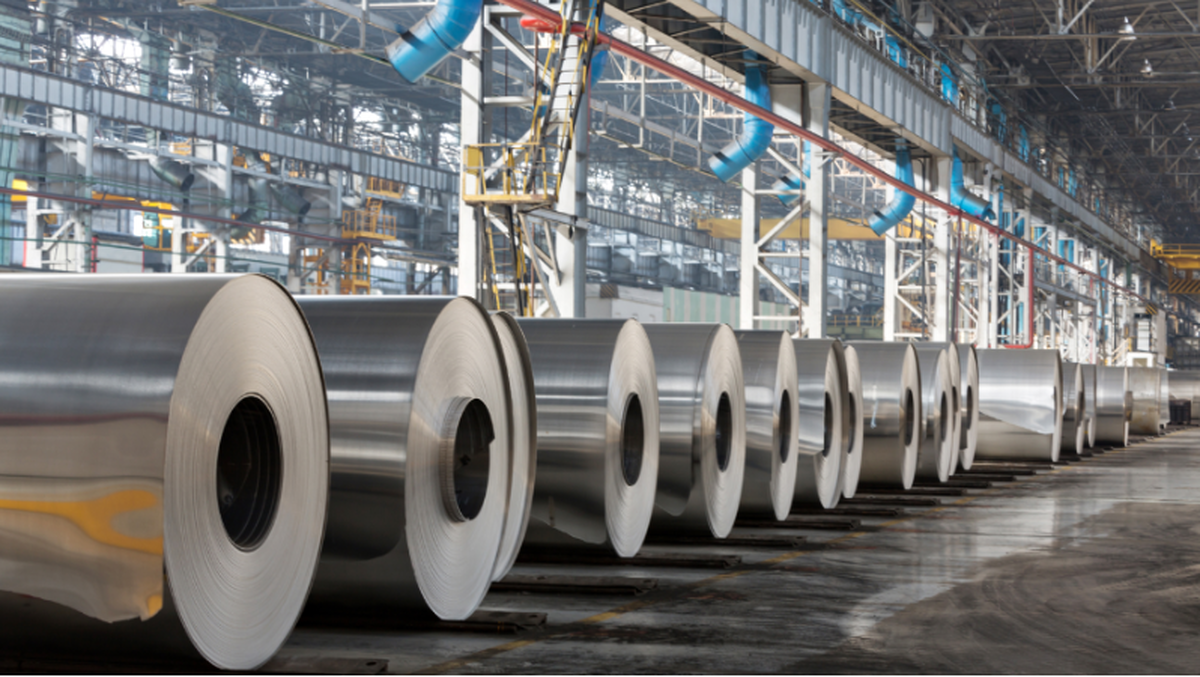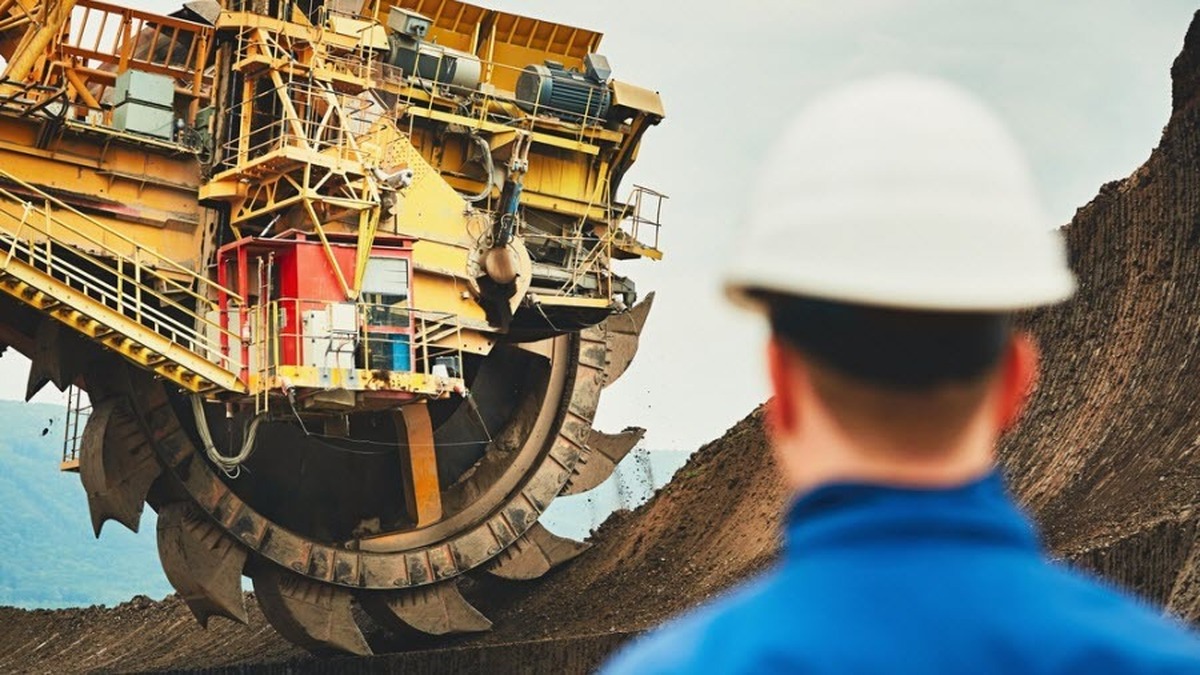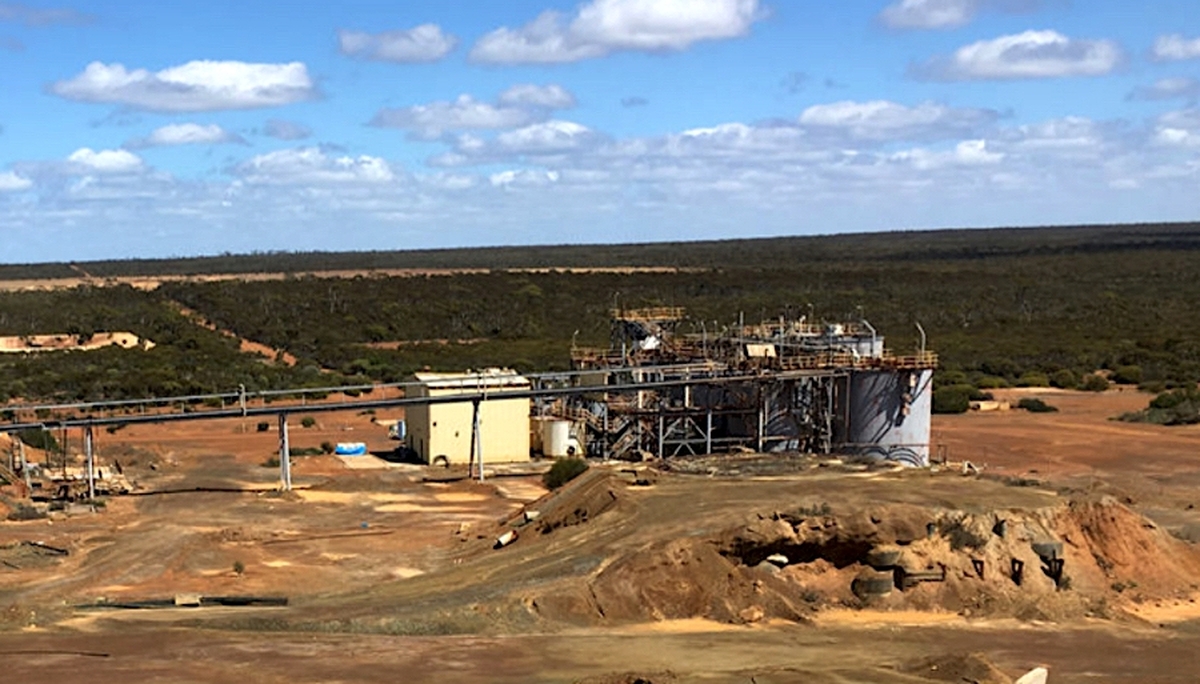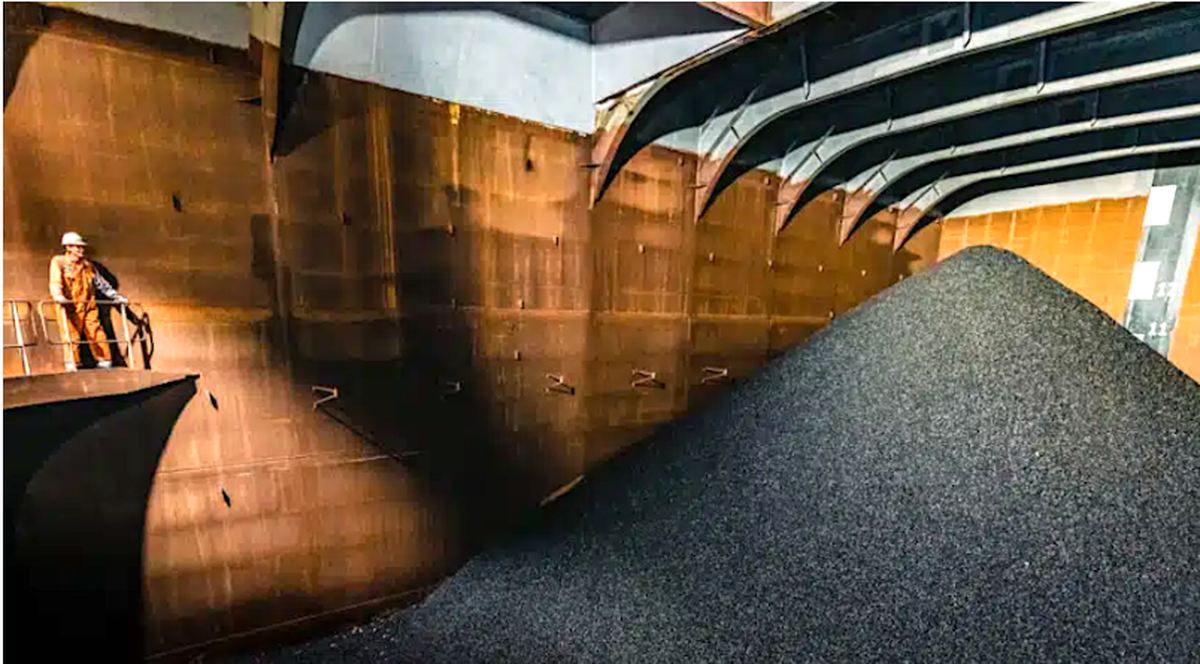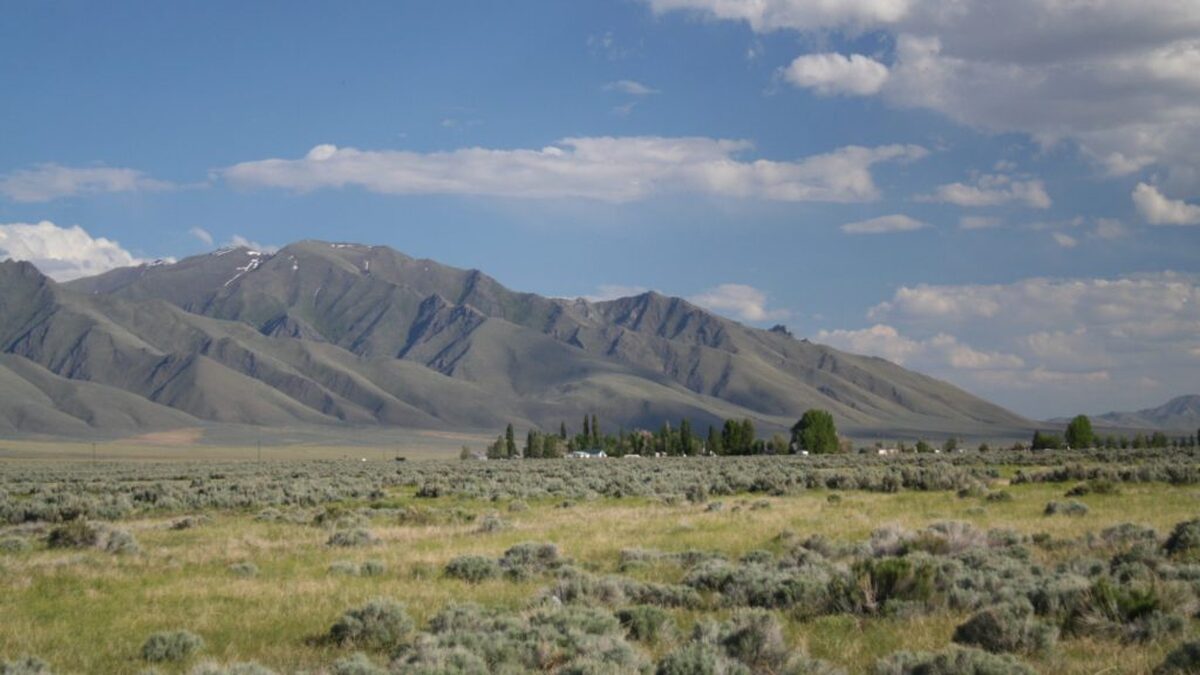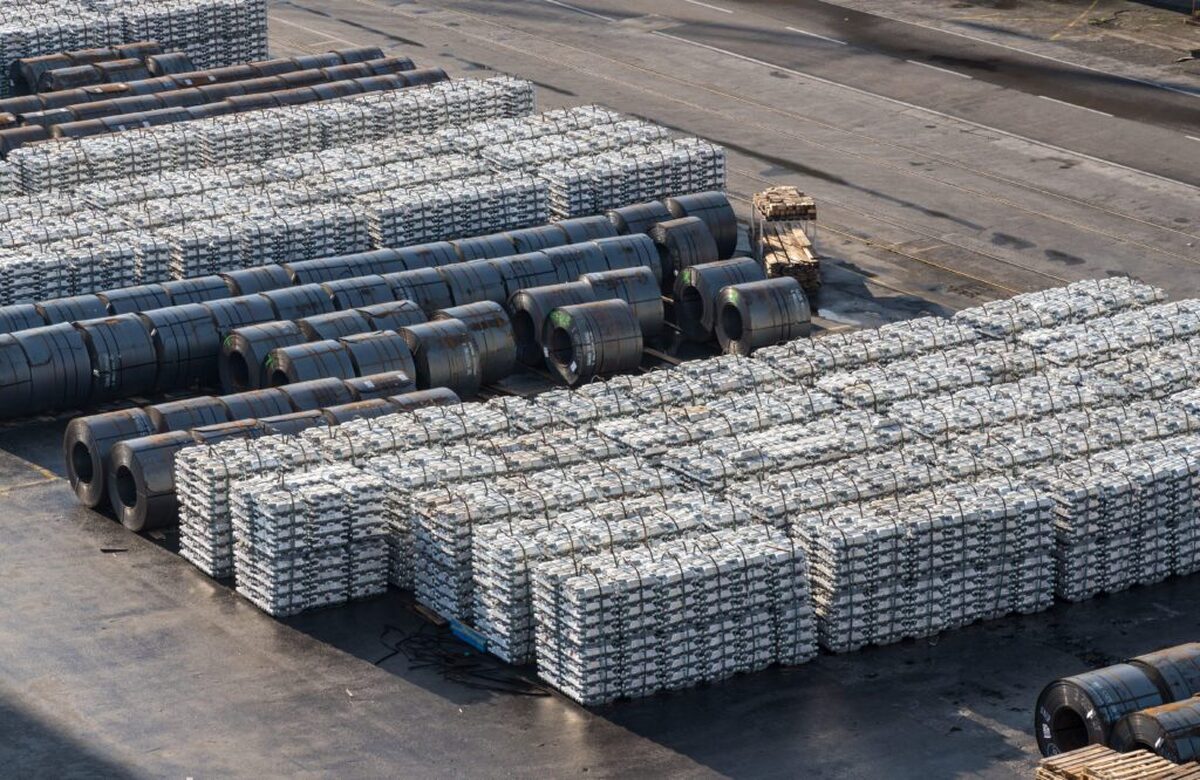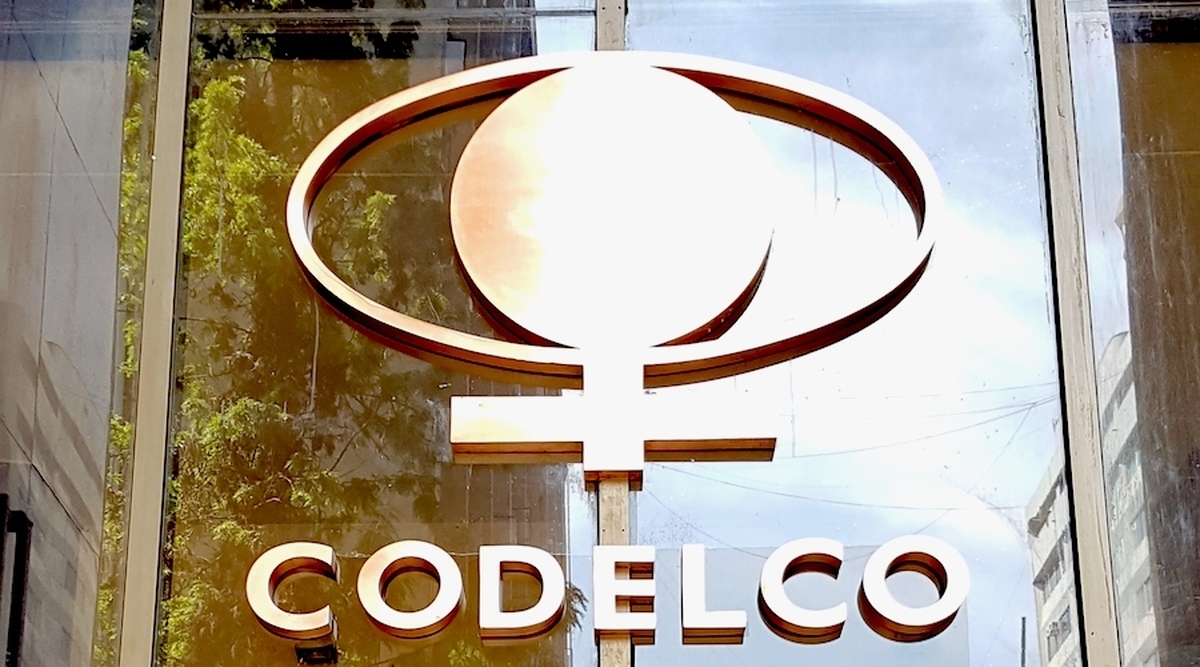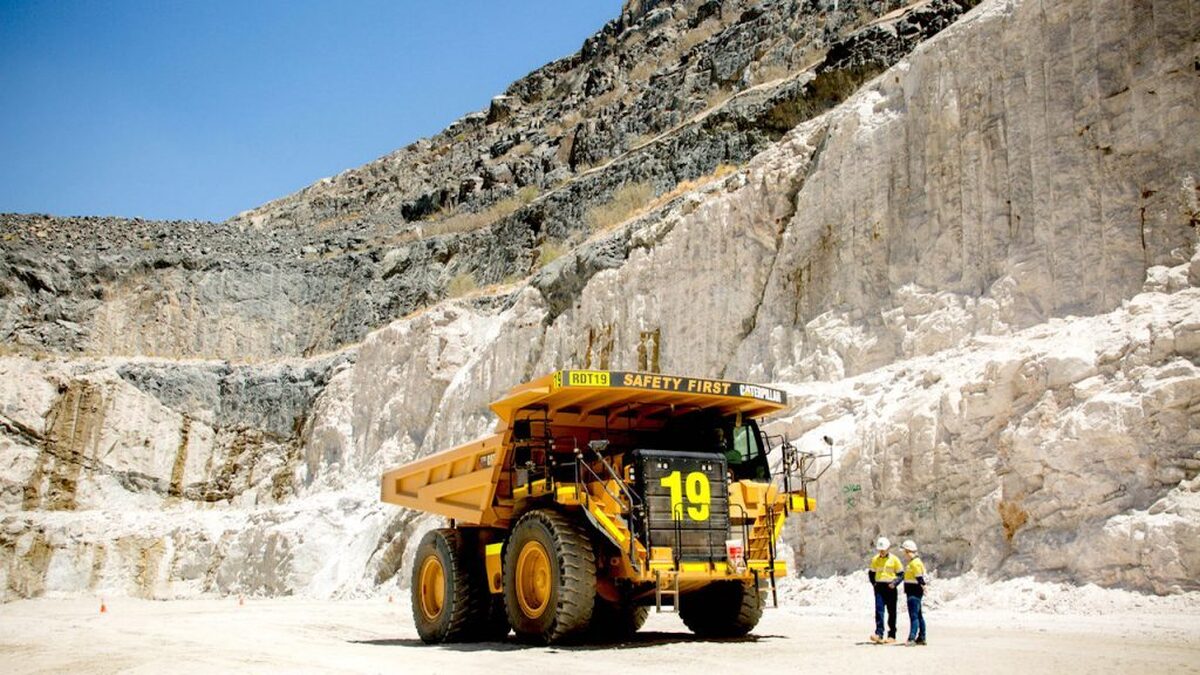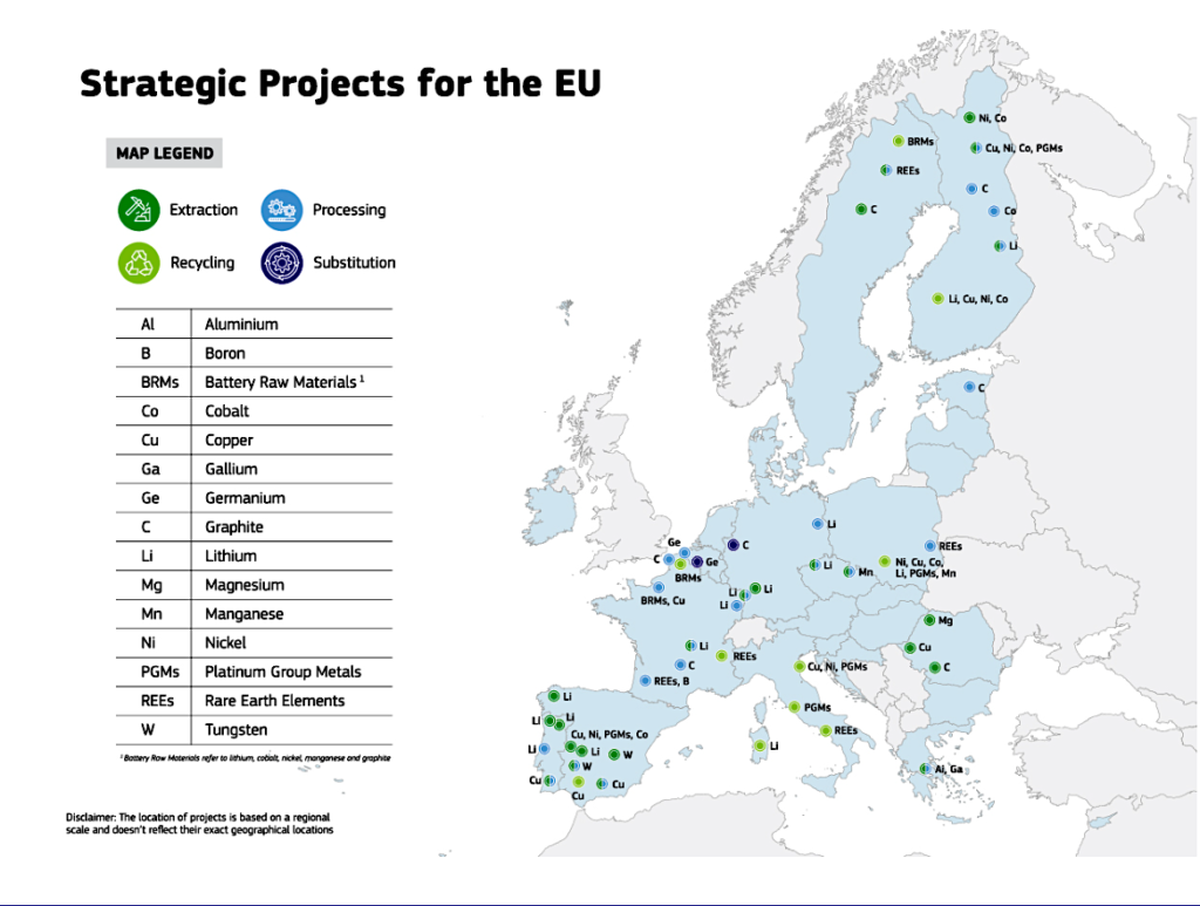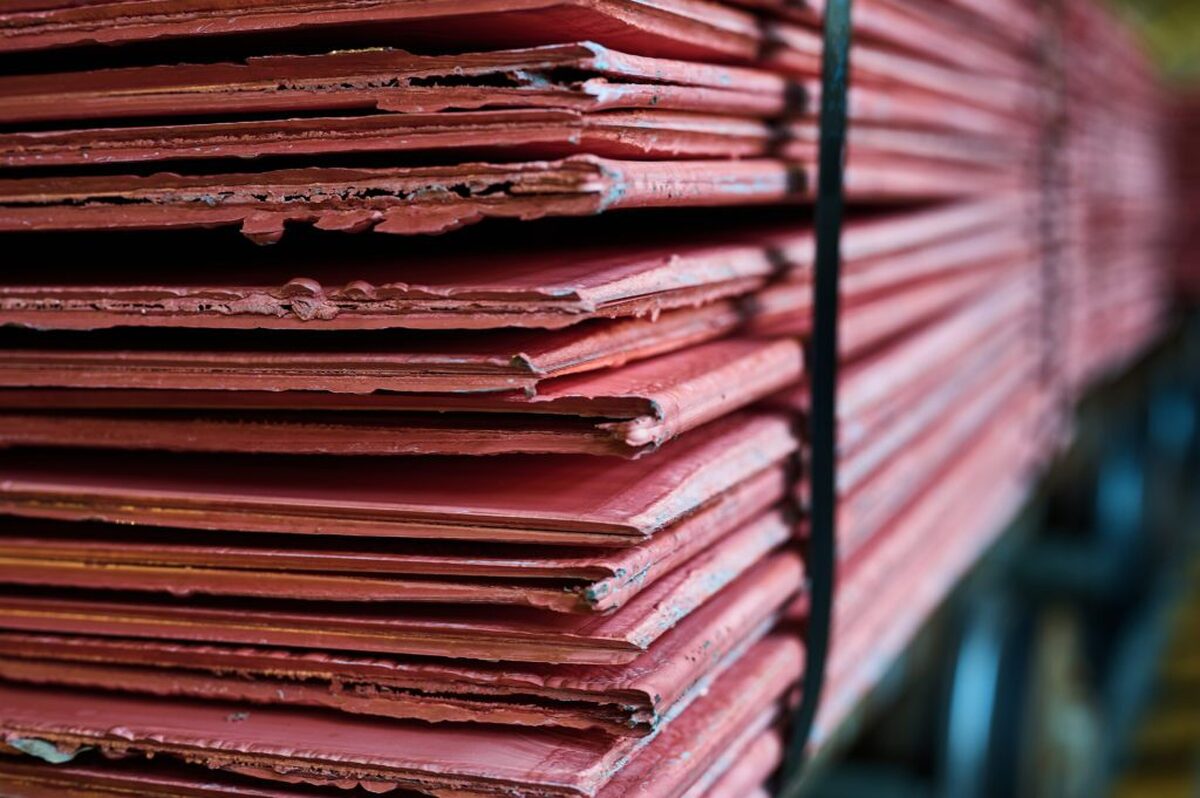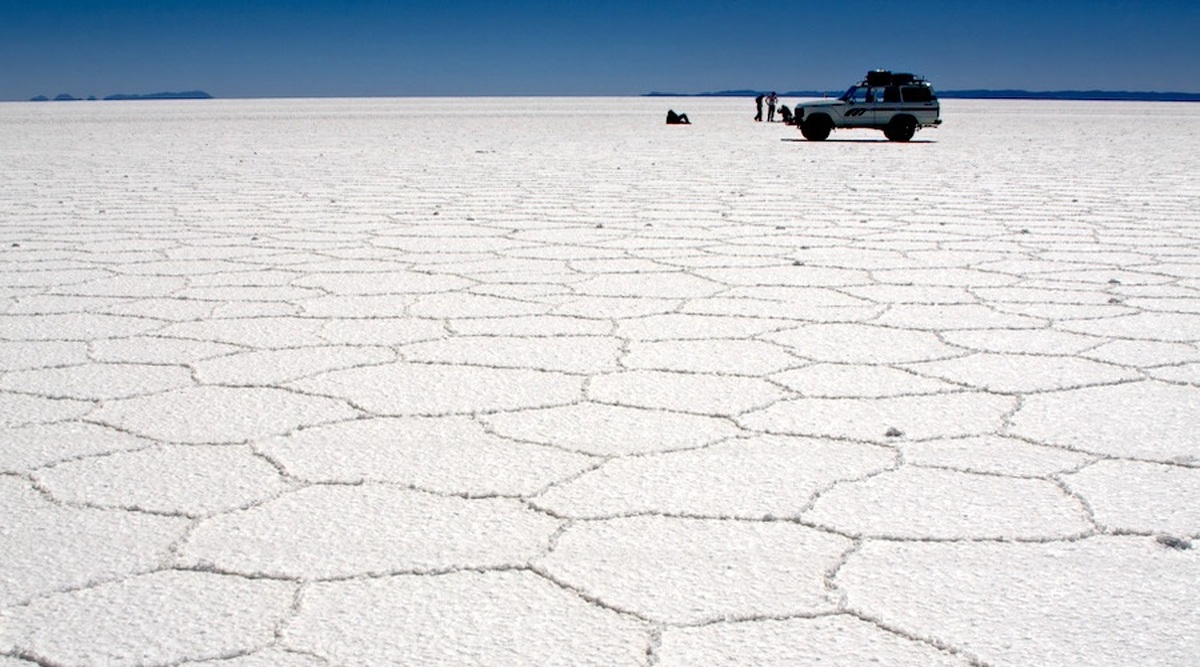
Argentina aims to boost lithium production by 75% in 2025, sees no risk from trade war
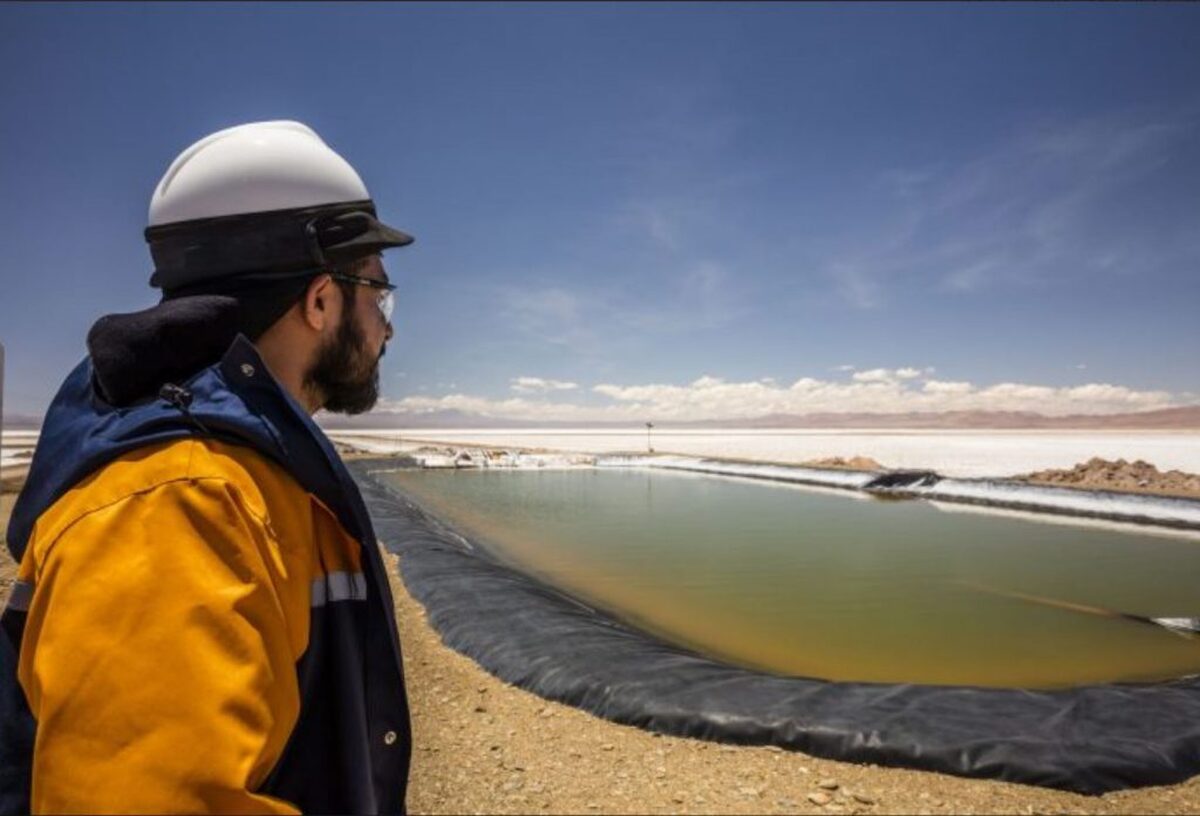
According to me-metals cited from mining.com, The boost in production is expected to mostly come from new operations in Salta and expansions in Catamarca and Jujuy, the northern provinces with the largest lithium operations, according Alejandra Cardona, executive director of CAEM.
Argentina has six active lithium operations, four of which recorded production of 74,600 tons of LCE in 2024, 62% higher than in 2023, according to Cardona. South America has the world’s largest identified resource of lithium, spread between Bolivia, Argentina and Chile and is a key metal in electrical vehicles, batteries and the energy transition.
“The higher volumes (in 2024) are due to the expansion of operations at Salar de Olaroz, the Fenix mine, and the ramp-up carried out by Cauchari Olaroz,” Cardona said, adding that production also began at the Sal de Oro operation that opened in October 2024.
In a presentation by CAEM and the International Lithium Association (ILiA) in Buenos Aires, industry leaders said the Argentine mining industry will not be seriously affected by US President Donald Trump’s tariff measures.
Jorge Mora, ILiA’s representative in South America, said he does not expect a drop in consumption.
“The largest consumer of lithium is China, and the largest number of cars are produced in China, and the largest consumption of cars is in China. So, that’s outside of Trump,” Mora told Reuters, praising Argentina’s economic direction under libertarian President Javier Milei, who promoted tax benefits to attract investment.
Roberto Cacciola, president of CAEM, told Reuters that he doesn’t think Argentina will be “badly affected” by the trade war and it could potentially open up new markets for Argentina.
“The negative effects could be linked to a temporary drop in oil prices, a lower value of exports, and some difficulties for the aluminum and steel sectors,” Cacciola said, adding that in terms of energy, agriculture and mining Argentina “could face some shocks, but I don’t see any major consequences.”
source: mining.com


Glencore seeks $13 billion in incentives for Argentina copper projects
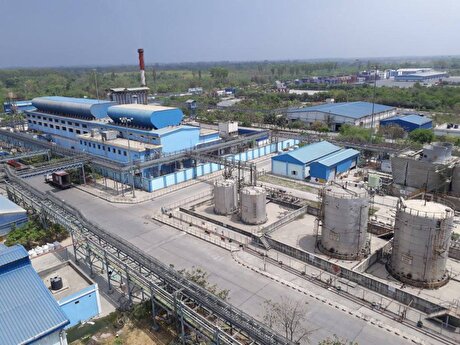
Hindustan Zinc to invest $438 million to build reprocessing plant
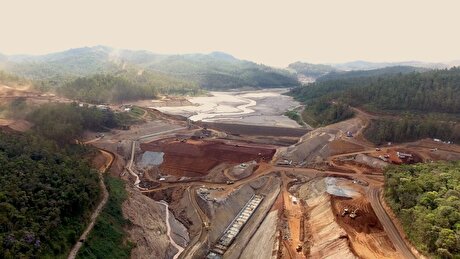
Samarco gets court approval to exit bankruptcy proceedings
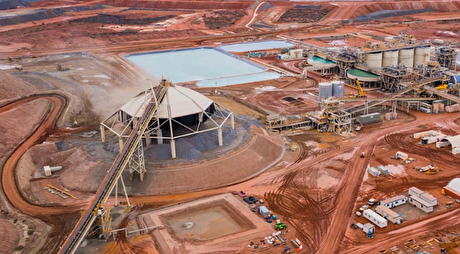
Gold Fields nears $2.4B Gold Road takeover ahead of vote

Metal markets hold steady as Trump-Putin meeting begins
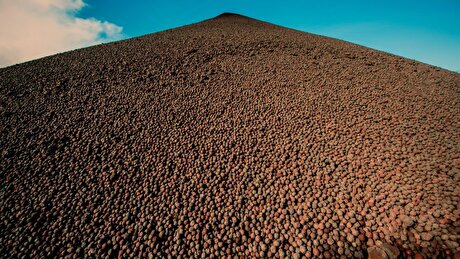
Explaining the iron ore grade shift

Glencore trader who led ill-fated battery recycling push to exit
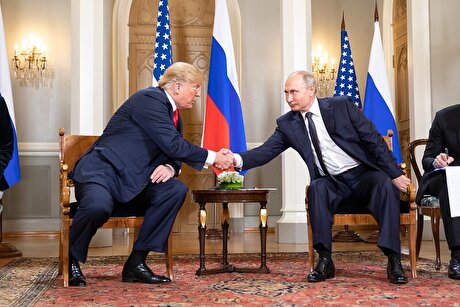
Trump to offer Russia access to minerals for peace in Ukraine

Gold price edges up as market awaits Fed minutes, Powell speech

Abcourt readies Sleeping Giant mill to pour first gold since 2014

Roshel, Swebor partner to produce ballistic-grade steel in Canada

EverMetal launches US-based critical metals recycling platform

Iron ore price dips on China blast furnace cuts, US trade restrictions

Afghanistan says China seeks its participation in Belt and Road Initiative

Gold price edges up as market awaits Fed minutes, Powell speech
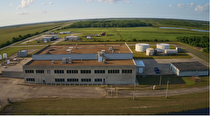
Flash Metals USA advances critical minerals recovery plant in Texas

Glencore trader who led ill-fated battery recycling push to exit

US hikes steel, aluminum tariffs on imported wind turbines, cranes, railcars
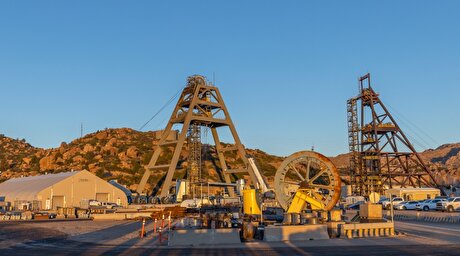
US appeals court temporarily blocks land transfer for Resolution Copper

Abcourt readies Sleeping Giant mill to pour first gold since 2014

EverMetal launches US-based critical metals recycling platform

Iron ore price dips on China blast furnace cuts, US trade restrictions

Afghanistan says China seeks its participation in Belt and Road Initiative

Gold price edges up as market awaits Fed minutes, Powell speech

Flash Metals USA advances critical minerals recovery plant in Texas

Glencore trader who led ill-fated battery recycling push to exit

US hikes steel, aluminum tariffs on imported wind turbines, cranes, railcars

US appeals court temporarily blocks land transfer for Resolution Copper

